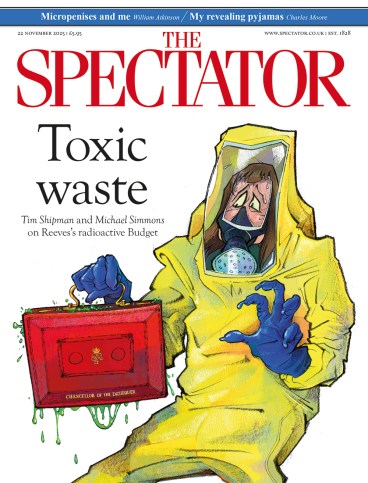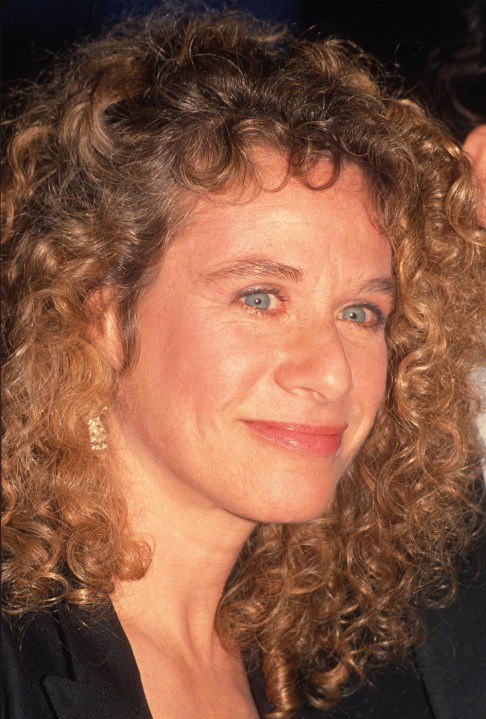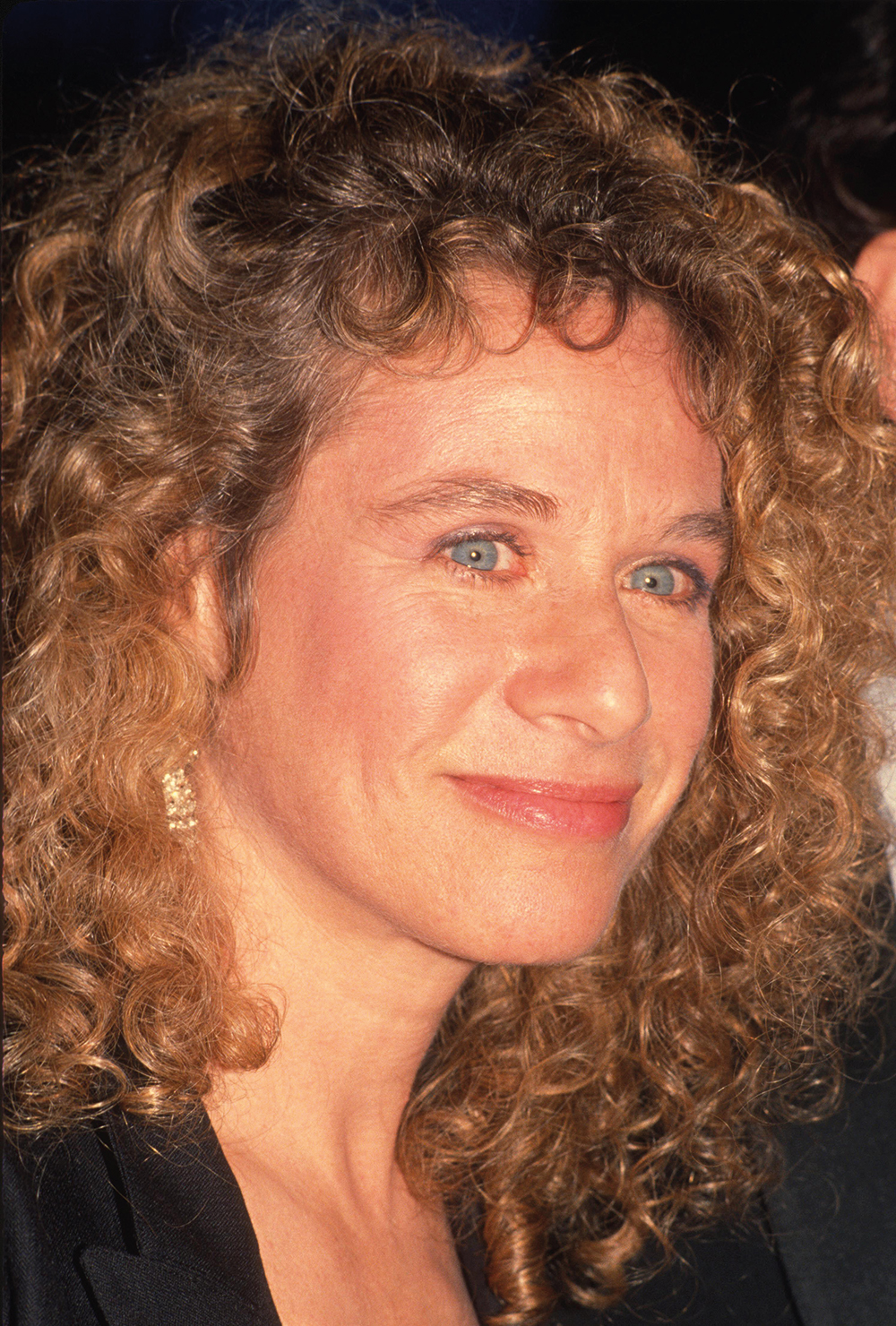
On 7 December 2015 the Kennedy Centre Honours were awarded to Carole King, George Lucas, Rita Moreno, Seiji Ozawa and Cicely Tyson. King sat by the White House Christmas tree during the afternoon reception wearing her medal and laughing as Barack Obama recited the most familiar of her thousands of song lines: ‘You make me feel like a natural woman.’ Obama grinned: ‘I think I just became the first president ever to say that… It sounded better when Aretha said it.’
That evening the tribute to King as a singer-songwriter included performances from James Taylor and the cast of the Broadway spectacular Beautiful: The Carole King Musical and concluded with an astounding performance by Aretha Franklin of ‘(You Make Me Feel Like) A Natural Woman’. Both the President and King wept as Franklin, wrapped in a floor-length fur coat, swept on to the bench of a grand piano and began to sing. The performance ended with the audience cheering and joining in, and King jumping up and down filled with joy, just like a little girl.
It is with this little girl, a smiling Carol Joan Klein, sitting on a piano stool herself in her Brooklyn home, that Jane Eisner begins her biography. It is published in Yale University Press’s ‘Jewish Lives’ series and initially focuses on the Kleins’ family history and that of the neighbourhoods in which they lived after arriving at Ellis Island, from the Lower East Side to Bedford-Stuyvesant and Sheepshead Bay. Eisner’s often psychoanalytic reflections on King’s life are showcased, as well as the links she finds with influential Jewish figures, such as the baseball slugger Hank Greenberg and Miss America Bess Myerson – whose ‘examples allowed Jewish boys and girls to dream’ – as well as the Malibu lawyer and rabbi Stanley Levy.
King is, Eisner notes, a private person and she was not interviewed for the book. But she did publish her own well-received A Natural Woman in 2012, from which Eisner gleans some charming moments of childhood – for instance of the father Sidney Klein, a firefighter, arriving home in a sooty uniform that his wife Genie would hang out on the clothes line above the family Victory Garden. King was born during the second world war, on 9 February 1942. She had a little brother, Richard, who spent his life in care facilities. The parents separated when Carol (who would soon add an ‘e’ to her name) was 11, and she entered Queens College when she was only 16. By that time she was already an accomplished pianist with a high school band called the Co-Sines and she’d changed her surname to King. She began writing songs with a tall, dark, handsome 19-year-old chemistry student named Gerry Goffin. Within a year she was pregnant; they married, and were soon on their way to becoming one of the most celebrated songwriting teams of the early 1960s.
King and Goffin began selling their songs on Tin Pan Alley. I always pat the doors of the Brill Building on Broadway when I walk past. For many decades it was the beating heart of American popular song. Far from creating songs that were, as Cole Porter joked, the Tin-Pantithesis of melody, the denizens of the Brill Building made the soundtracks that have now delighted three generations.
King and Goffin originally struck gold with ‘Will You (Still) Love Me Tomorrow’, recorded by the Shirelles in 1960. It was the first song by a girl group to reach No. 1 on the US Billboard 100 chart (and No. 4 in the UK singles chart). The couple’s song ‘Chains’ was recorded by the Beatles, while their teenage babysitter Eva Narcissus Boyd, rechristened Little Eva, sailed to No.1 with their ‘The Loco-Motion’ in 1962. That year King recorded ‘It Might As Well Rain Until September’, which was her first hit single as a singer. She was just 22.
And the hits kept coming. ‘Pleasant Valley Sunday’ for the Monkees reflected on King and Goffin’s move to New Jersey with their two children; ‘One Fine Day’ for the Chiffons was born of an affection for Madame Butterfly; ‘Up on the Roof’, for the Drifters, celebrated the peace to be found on a New York City rooftop – still called ‘tar beach’ by older apartment dwellers. But my own favourite will always be Franklin’s 1967 cover of ‘(You Make Me Feel Like) A Natural Woman’.
Most of the book deals with King’s girlhood and life up through the 1970s. As the Beatles and Crosby, Stills, Nash & Young dissolved and Bob Dylan stepped back from touring, there was more room, Eisner points out, for ‘musicians who weren’t only young white men’. While concentrating on King’s professional career, Eisner doesn’t shy from the tumult of the marriage to Goffin. By 1968, the two were divorced and King had moved to Los Angeles. She married again (the second of four marriages) and continued to write and record on her own. Her second album, Tapestry (1971), is for the ages, featuring ‘It’s Too Late’ (which she co-wrote with Toni Stern) and ‘I Feel the Earth Move’.
She also played piano, sang backup vocals and wrote for friends – notably for James Taylor on Sweet Baby James. Taylor’s recording of King’s ‘You’ve Got a Friend’ remains one of his most popular; King’s own version, from Tapestry, on which Taylor plays guitar, is the warm centre of what Eisner terms an ‘autobiographical album’. Tapestry won the Grammy for Album of the Year in March 1972. King missed the ceremony in New York because her daughter Molly, Eisner explains, ‘was only ten weeks old and King chose to stay in California, breastfeed her baby and watch the ceremony on TV’.
Five years later, King retreated to Idaho, where she has mostly remained. Eisner wonders whether significant work on environmental issues rather than anything related to the music world was
inevitable for someone who had achieved so much at such a young age. Was it a sane response to the increasing demands of contemporary fame? Or was it an unspoken recognition that perhaps her most consequential music was behind her?
I’m not a fan of such calculatedly irrefragable questions, but I am a fan of Carole King. Give me those songs of our lifetimes – and also the moment that King, at the Sondheim Theatre in 2014, showed up at her own Broadway musical and took the stage and microphone at the end to lead a rapturous audience in ‘You’ve Got a Friend’.








Comments